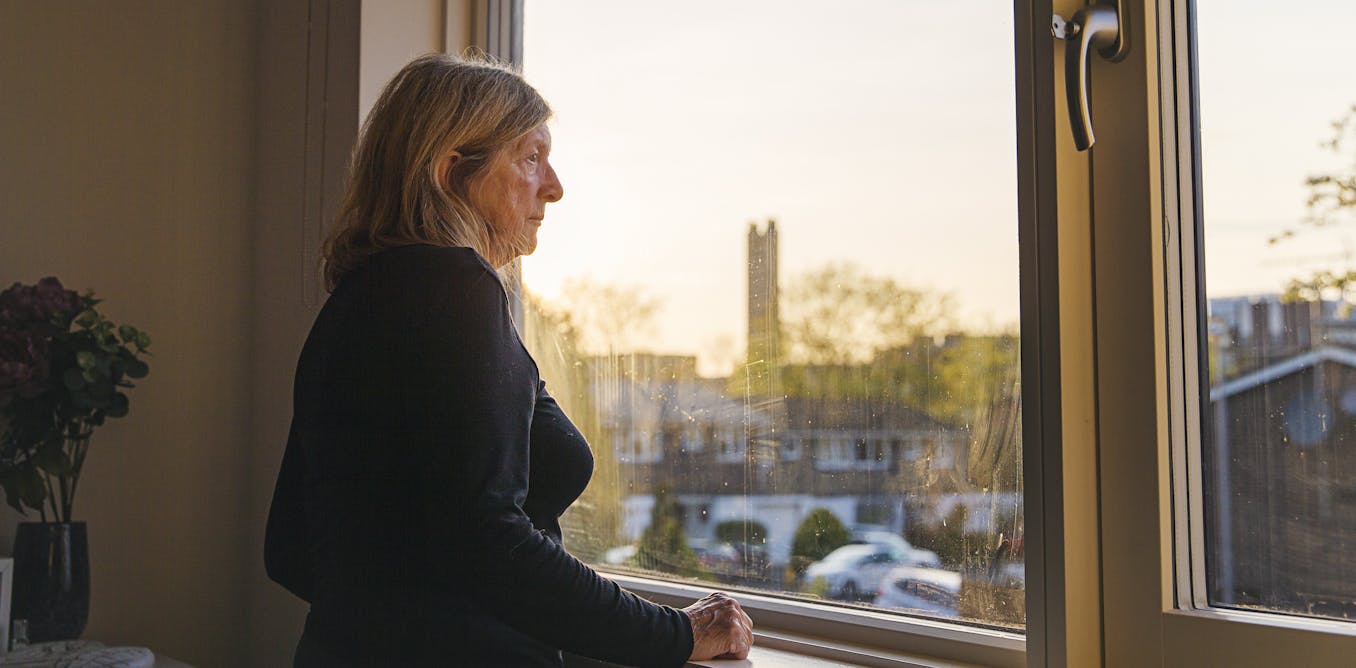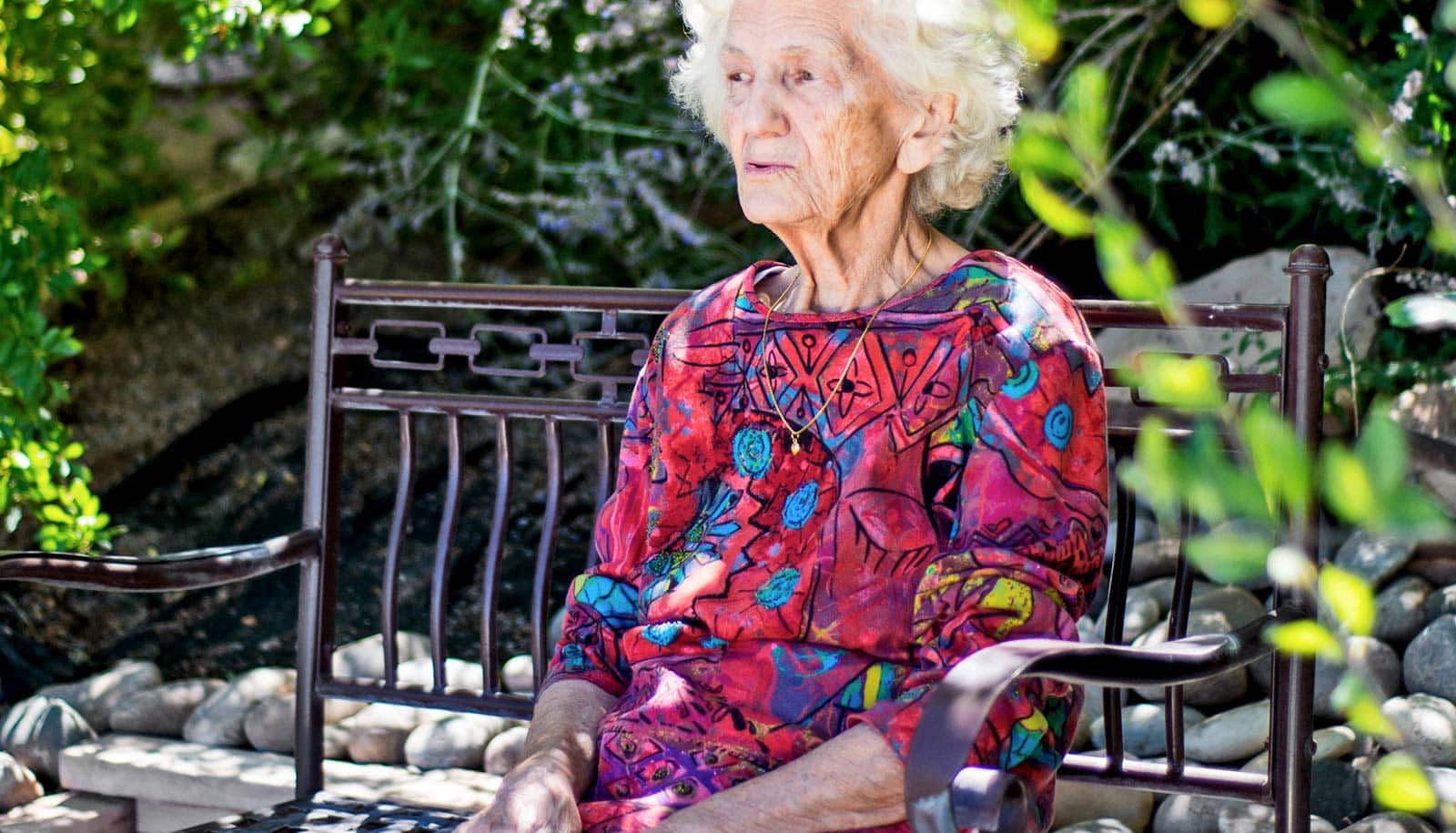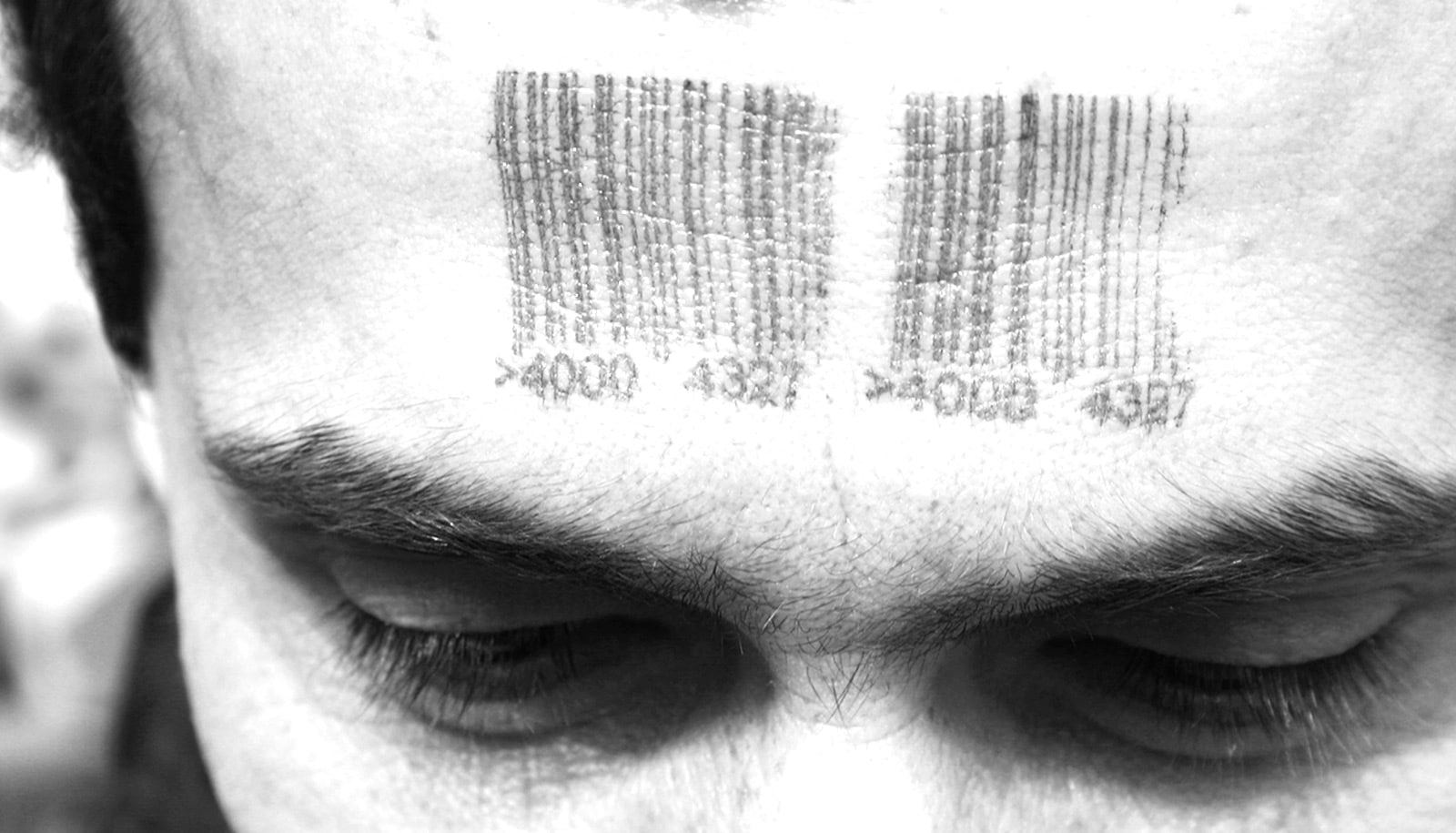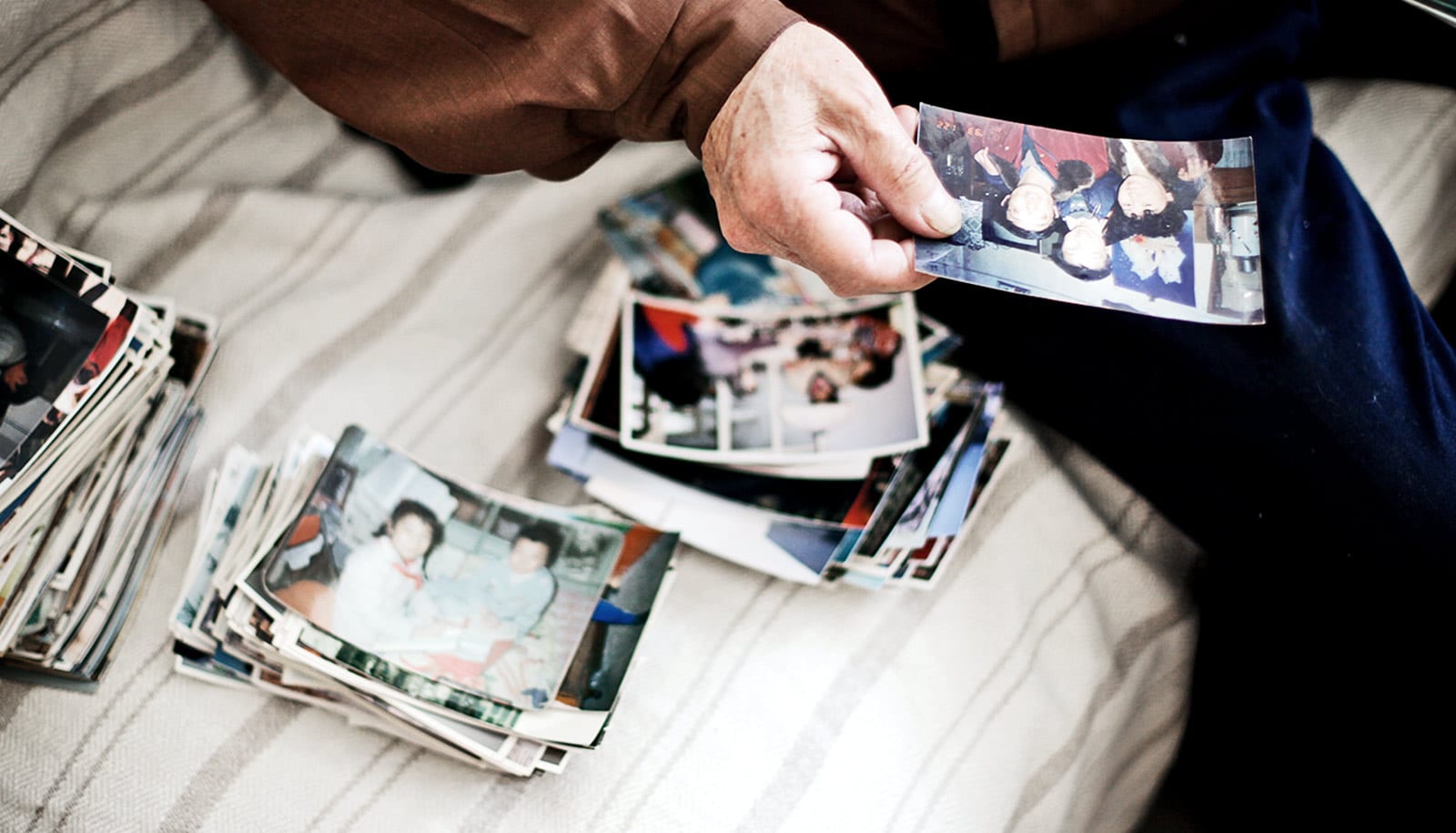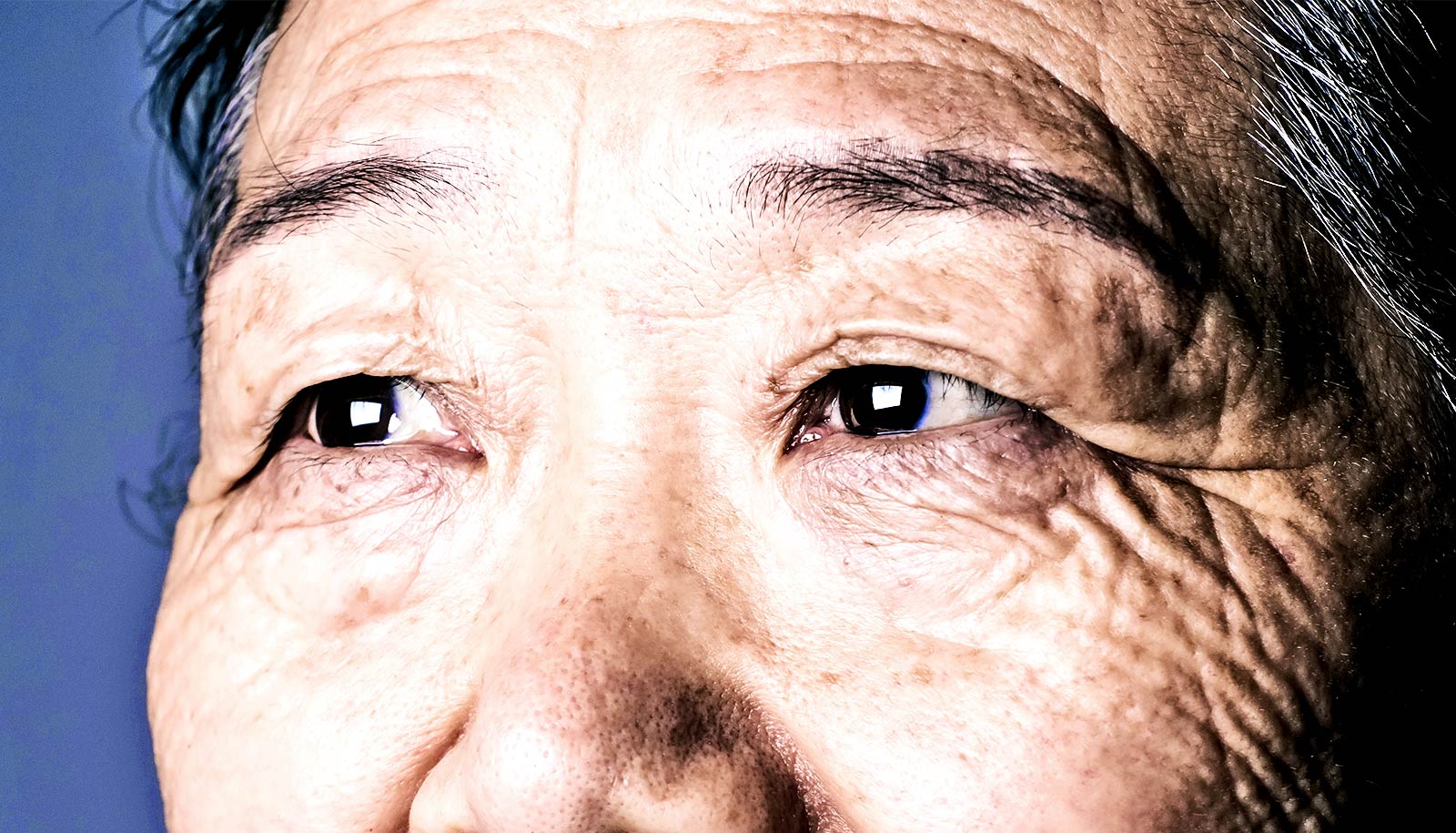The loneliness of social isolation can affect your brain and raise dementia risk in older adults
The social isolation older adults are experiencing as they try to stay safe from the coronavirus pandemic is raising new mental health risks, but people can take steps to protect themselves.
Aug. 4, 2020 • ~9 min

